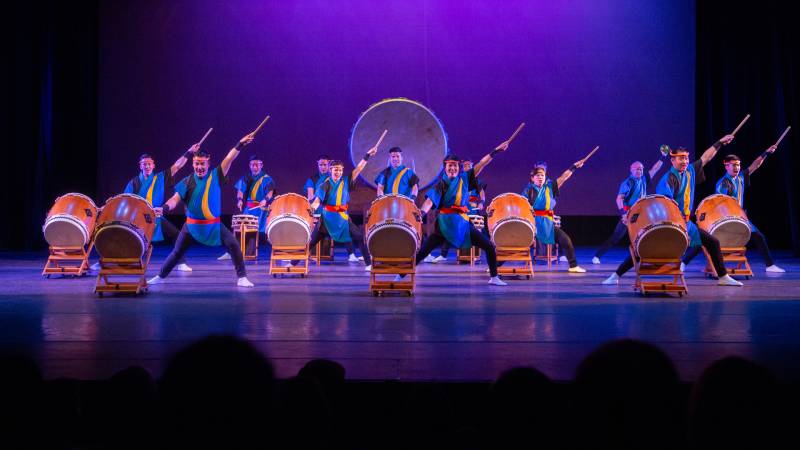But Lorena Gonzalez, the San Diego assemblywoman who authored both AB5 and AB2257, is wary of exempting more employers from compensating workers properly—especially since the companies for whom these laws were originally created, gig economy tech giants like Uber and Lyft, managed to wriggle out of having to comply with them when California voters passed Proposition 22 last November.
“There is a need to professionalize the arts in a way that people can make a real living off of it,” Gonzalez says. “And we’ve got to come to terms with ways in which that can be done.”
Gonzalez has floated a few possible solutions, ranging from state funding to help small arts groups comply with labor laws (though that idea went by the wayside early last year after the pandemic changed state funding priorities) to creating cooperatives to enable them to share the cost of workers comp.
But a more fundamental shift is needed to solve the equity issues that have long kept careers in the creative industries out of reach for those who can’t afford to work for very little or, in some cases, for free.
“AB5 and AB2257 are looking to solve the misclassification issue, and we know that even if folks are properly classified in the arts community as employees, that still is going to leave a good balance who are genuinely independent arts workers,” says the Hewlett Foundation’s Ono. She points out that protections that should apply to all working people still flow through employers. “Now that work is changing, those protections aren’t flowing to independent workers because of how the system was set up a long, long time ago.”
If nothing else, the unintended consequences of AB5 and AB2257 on small performing arts organizations, together with the outcome of Prop 22, have shone a light on this deep-seated, systemic problem.
“California is the world’s fifth-largest economy. So the fact that we can’t do better for our workers and our artists and creative communities is disappointing,” says teaching artist McCasey. “We need a bigger public campaign about what we value.”



